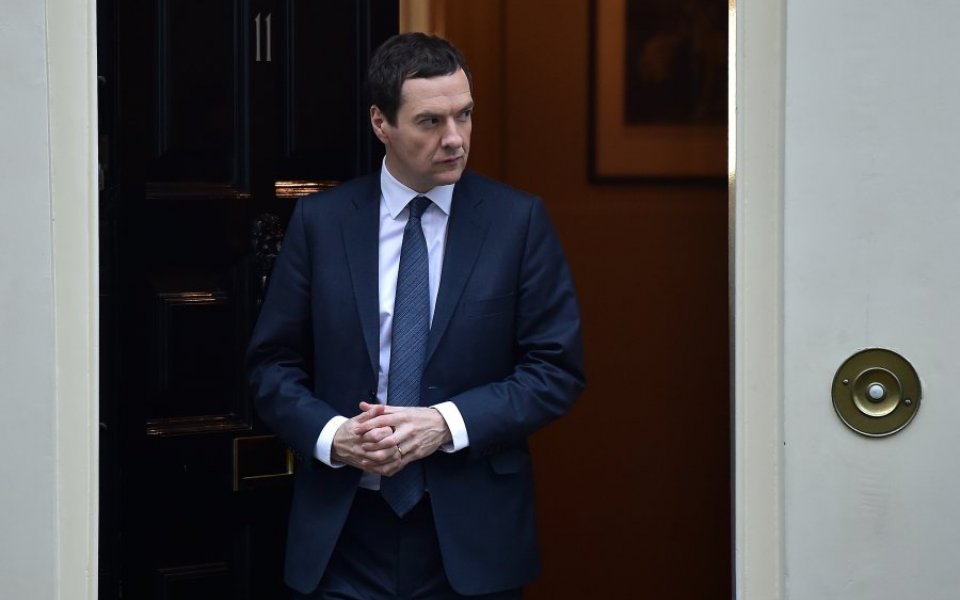Chancellor George Osborne should remember that making savings is the only feasible option to balance the nation’s books

Whether or not George Osborne’s fiscal rules make sense, he’s stuck with them. His credibility hinges on whether or not the deficit is eliminated by 2019-20 and surpluses are recorded in “normal” times thereafter.
At the last Autumn Statement doubts were cast over the “£27bn windfall” the Office for Budget Responsibility (OBR) had forecast the chancellor would have to spend. These doubts were well founded.
A pessimist may worry that slower GDP growth (Oxford Economics have suggested that GDP could be 0.7 per cent lower than the OBR’s 2019-20 forecast) would probably be sufficient to eliminate the forecast surplus.
Further headaches for the chancellor come from the reports released today by the Confederation of British Industry (CBI) and the British Retail Consortium (BRC) suggesting that the additional burdens on business could stifle investment and harm job creation.
Read more: Treasury is saddling British businesses with £29bn in extra costs
Using the retail prices index rather than the consumer prices index to increase business rates, the apprenticeship levy and the very large increases in the minimum wage (AKA the living wage) will impose a cumulative £29bn additional expenses on business.
The BRC has warned that 40,000 shops may be forced to shut if these problems aren’t addressed and this would have knock-on effects on employment and, of course, the associated taxes. Additionally, the past reforms to stamp duty on homes may gum up the market and its revenues may fall.
Reducing the tax burden may be a good thing but not by putting people out of work and stopping them from moving house.
All of which makes rather troublesome reading when you consider that the deficit is still expected to be over £70bn this financial year.
The underlying problem is that it is almost impossible for the chancellor to tax his way to surplus. Over the past 40-odd years tax revenues as a percentage of GDP have been remarkably consistent at around 35 per cent of GDP. There are no easy ways of significantly increasing tax revenues. Another round of “clampdowns” on tax avoidance will make little difference.
Read more: UK public borrowing – Osborne unlikely to meet his target
The only ways a government could achieve major increases in would be by broadening the VAT base, increasing the basic rate of income tax or increasing national insurance. All of these would be regressive and politically suicidal.
If the country is to live within its means (as the chancellor claims he wants) we have to reduce government spending to around this 35 per cent mark.
Trying to tax our way to better public finances is going to be very difficult and punitive taxes could hurt employment levels and lead to lower tax receipts. It may be bad for his personal popularity but the chancellor needs to make savings if he wants to balance the nation’s books.